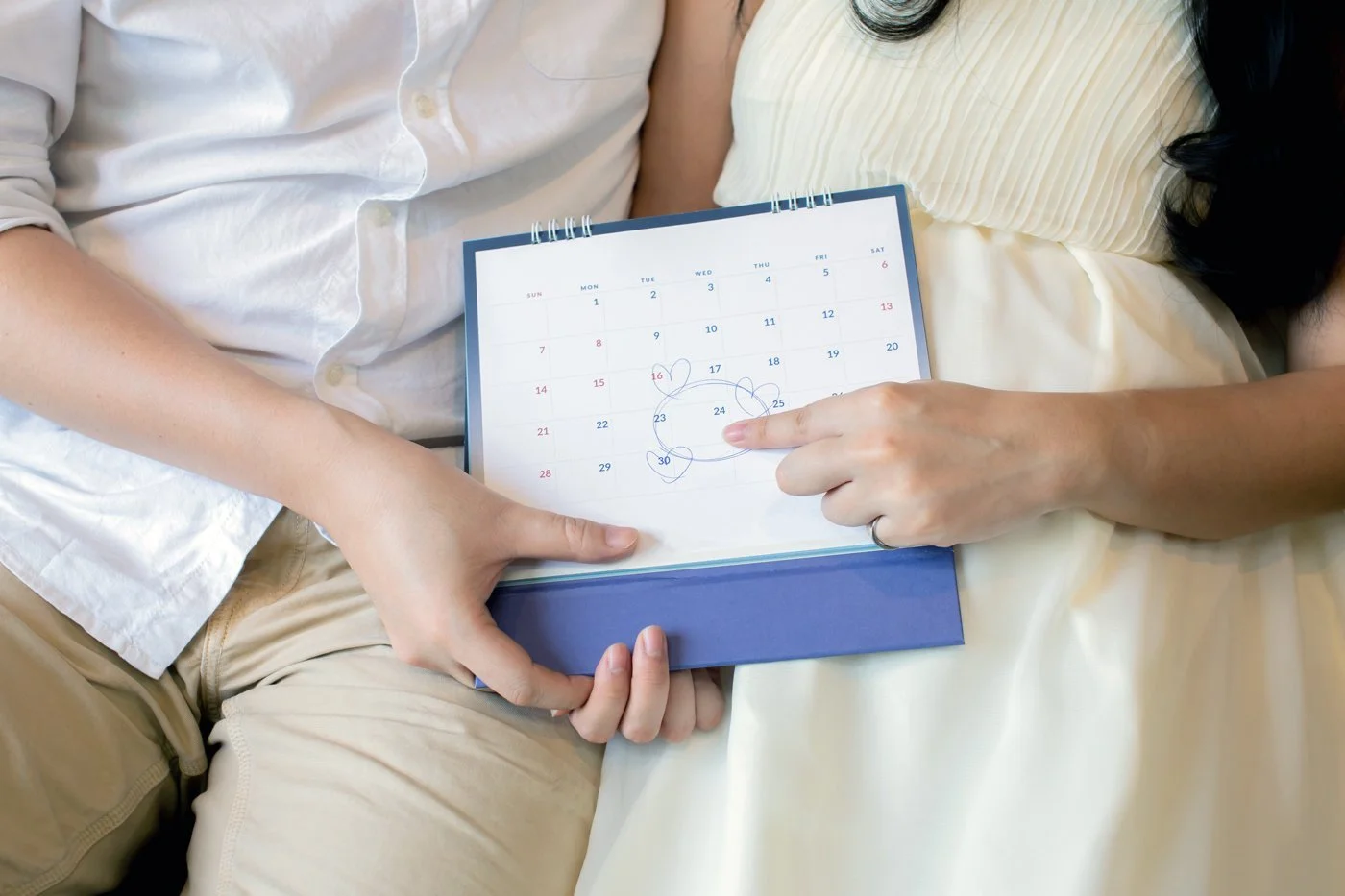What to Expect After Your Egg Retrieval
This guide explains what happens during retrieval, what recovery typically looks like, and
why rest is so important in the days afterward.
If you’ve reached this stage in your egg donation or egg freezing treatment cycle, congratulations! Whether you are looking for guidance before starting your cycle or have already navigated stimulation medications and appointments, reaching this milestone means your body has responded to the process. Now, you’re preparing for the short, safe procedure that makes all the preparation worthwhile.
Your Egg Retrieval Procedure
The egg retrieval itself is a minimally invasive procedure and relatively quick process — typically around 20 minutes. You’ll be under light sedation or anesthesia, so you won’t feel discomfort during the retrieval.
Using ultrasound guidance, the doctor will insert a thin needle through the vaginal wall to gently collect the eggs from your ovaries. There are no external incisions or stitches, and most people describe it as straightforward and uneventful. Afterward, you’ll spend about an hour in recovery while the anesthesia wears off.
It’s common to feel:
Bloating
Cramping
Tiredness
Constipation
These symptoms usually resolve within a few days. Rest is a crucial step in a safe and easy recovery, so here are a few key recommendations and reasons to take it easy.
Rest & Recovery After Your Egg Retrieval
Recovery looks a little different for everyone, but most people need at least two days to reset. Think of this time as an opportunity to nurture your body. Here’s why:
Your ovaries are enlarged. During stimulation, the ovaries grow significantly as multiple follicles mature. This makes them tender and sensitive, and it’s important to avoid vigorous movement too soon.
Your hormone levels must reset post-medication. After weeks of injectable medications, your body needs time to recalibrate. Rest, hydration, and balanced meals help your system reset.
Anesthesia effects linger. Even light sedation can leave you feeling groggy or out of sorts the next day. Prioritizing rest ensures your body has time to fully clear the medication.
Your digestive system may be impacted. Bloating and constipation are common because the ovaries press against the bowel and fluid shifts occur after stimulation. That’s why hydration, electrolytes, and light movement can make a real difference.
Our recommendations:
Stay hydrated with electrolyte-rich drinks like coconut water or sports drinks.
Choose protein-rich meals such as eggs, chicken, yogurt, or beans.
Eat salty foods — a little extra can help your body balance fluids.
Skip greasy, heavy foods, which may worsen bloating or nausea.
Rest, but move gently. Light walking can reduce discomfort from bloating.
Elevate yourself when sleeping. A 45-degree incline with pillows under your arms can ease pressure.
Address constipation by hydrating well, eating fiber-rich foods, and if needed, ask your clinic if a gentle stool softener is appropriate.
Common Questions
When can I donate again?
Most clinics recommend waiting a minimum of 90 days.When can I exercise again?
Doctors usually suggest waiting until after your first period, which often arrives two weeks post-retrieval. Always check with your clinic for personalized guidance.When will my period return, and when can I restart birth control?
Most people get their next period about two weeks after retrieval, and you can typically resume your usual birth control method at that time.When can I have sex again?
Most clinics advise avoiding sex until after your first period following retrieval. Your ovaries are still enlarged and tender, and resuming sexual activity too soon could increase the risk of ovarian torsion.What about alcohol or caffeine?
Once your clinic clears you, caffeine and alcohol can be reintroduced in moderation. Hydration should still be your top priority in the days right after retrieval.Will I notice mood changes?
Some people experience emotional ups and downs after retrieval since your hormones are shifting rapidly. This usually balances out once your next cycle begins.
Signs You Should Call Your Clinic or Agency
While most recoveries are smooth and straightforward, it’s natural to wonder about the risks. Serious complications are very rare, but contact your clinic or agency if you experience:
When planning your retrieval, make sure you have a companion to drive you home after the procedure since you’ll be sedated.
Severe bloating or unusual abdominal swelling
Sudden weight gain (two pounds in one day)
Ongoing nausea or vomiting
Trouble breathing or chest discomfort
Very little urination despite drinking fluids
Fever
Heavy bleeding (more than a normal period)
Unusual discharge or bad odor
Severe or worsening pain unrelieved by over-the-counter medication
Potential Risks & Rare Cases
Egg retrieval is considered very safe, especially in experienced hands. Your clinic is trained to treat this procedure with the utmost care and address any abnormalities or complications swiftly. But like all medical procedures, it carries risks. Rare but possible complications include:
Ovarian Hyperstimulation Syndrome (OHSS): An exaggerated response to medications, causing severe bloating, weight gain, and fluid shifts.
Infection: Uncommon, but possible any time a procedure involves puncturing tissue.
Bleeding: Rarely, the retrieval needle may cause internal bleeding.
Ovarian torsion: The ovary twists on its blood supply, usually due to enlargement. This is painful and requires urgent care.
Complications from anesthesia. These are uncommon, but mild grogginess is normal for a day or two.
Your medical team will monitor you closely to minimize these risks. Most people recover quickly, returning to work or school within a few days and feeling fully back to normal after their next cycle.
Final Guidance from The Genesis Group Team
Recovery is as much about peace of mind as it is about physical healing. Listen to your body, follow your doctor’s instructions, and don’t hesitate to reach out with questions or concerns.
You’re not alone in this. Your clinic and the Genesis team are here to support you every step of the way.
Download our Rest & Recovery Guide Below
Want a quick reference as you recover? Download The Genesis Group Rest & Recovery Checklist to save, print, or keep on hand for peace of mind.
Editor’s Note: These are general tips for post-egg retrieval recovery. These recommendations are provided by The Genesis Group and should not replace the personalized advice of your treating reproductive endocrinologist. Always follow your doctor’s guidance for the best care and recovery.


